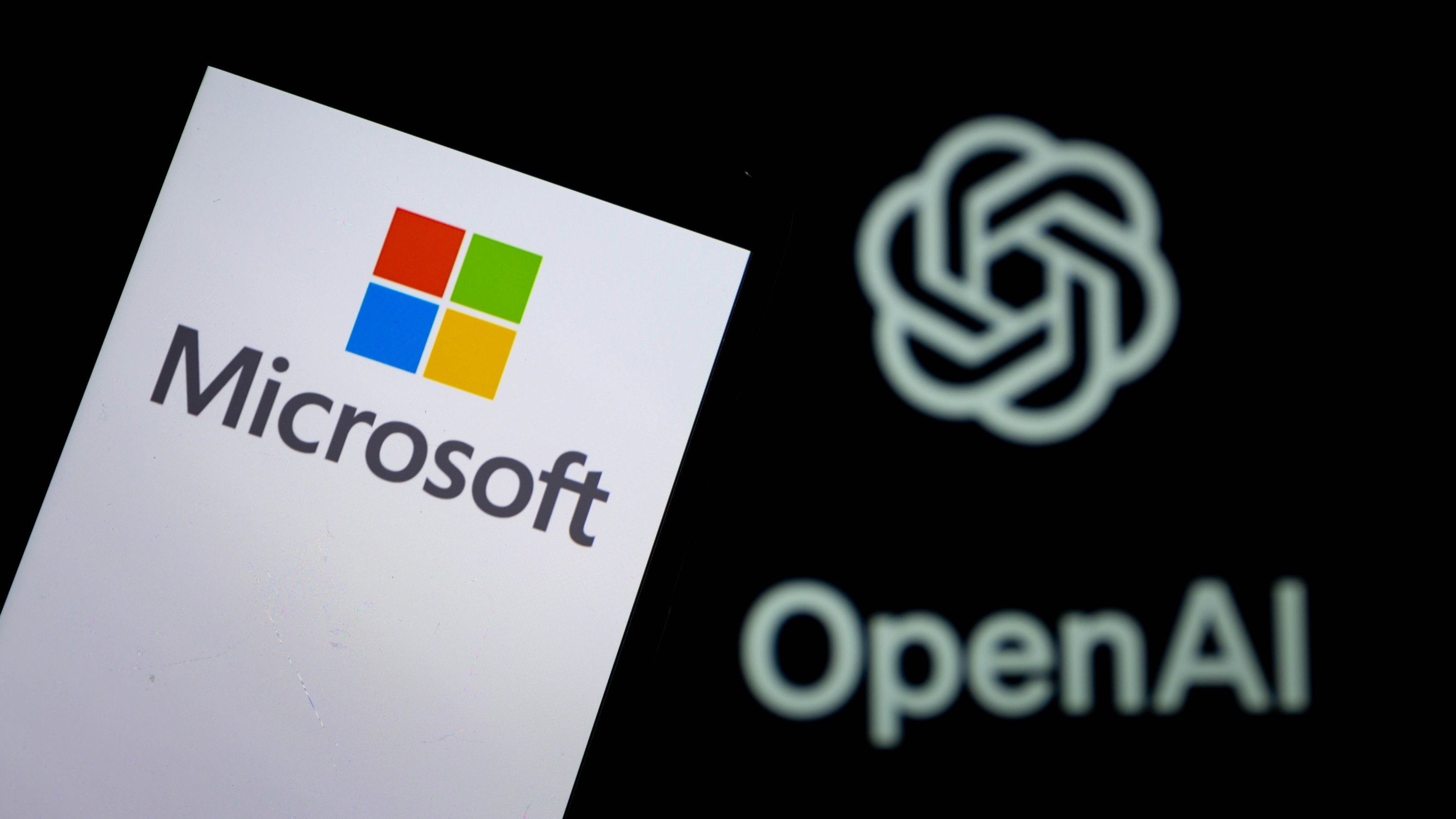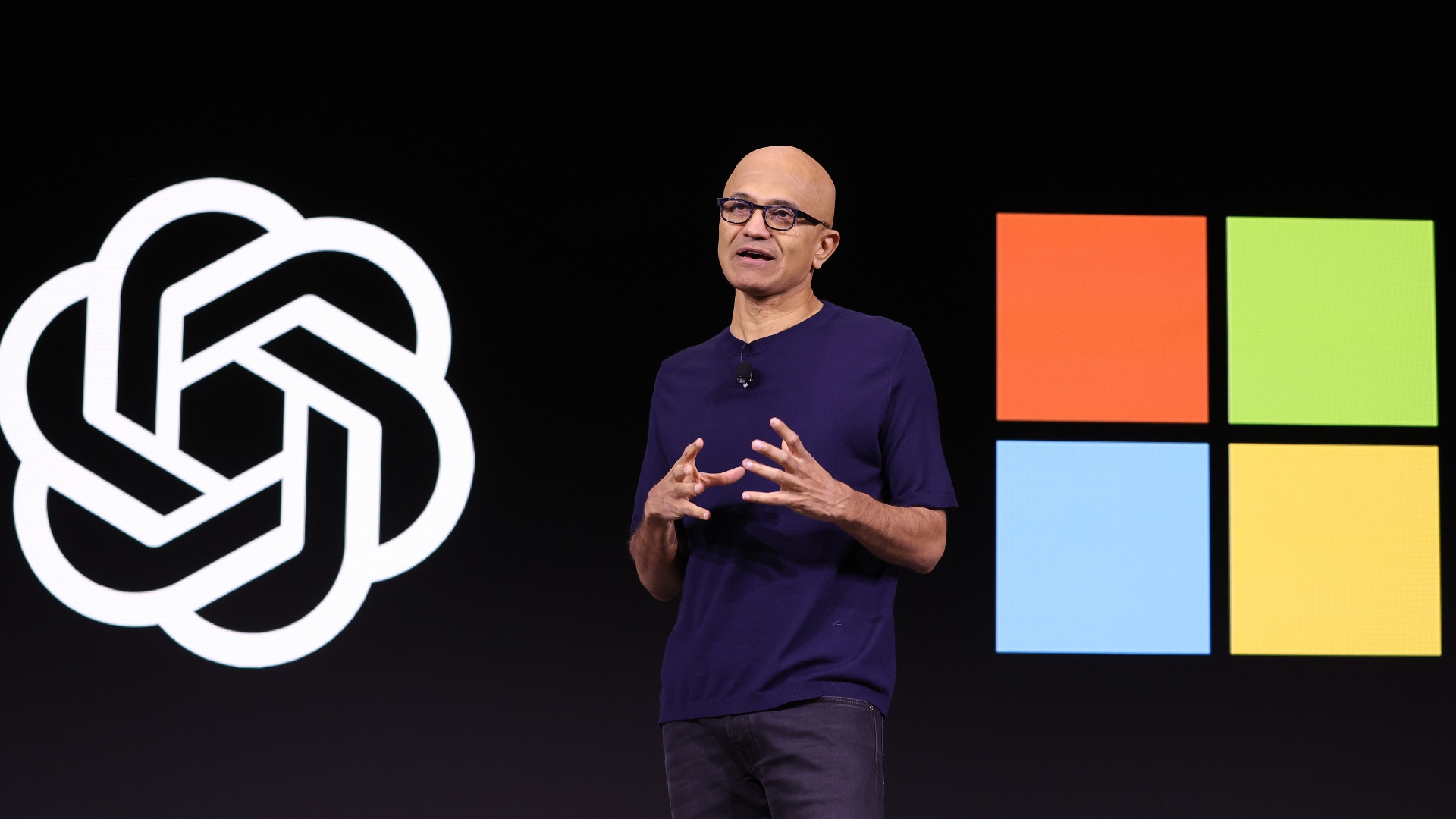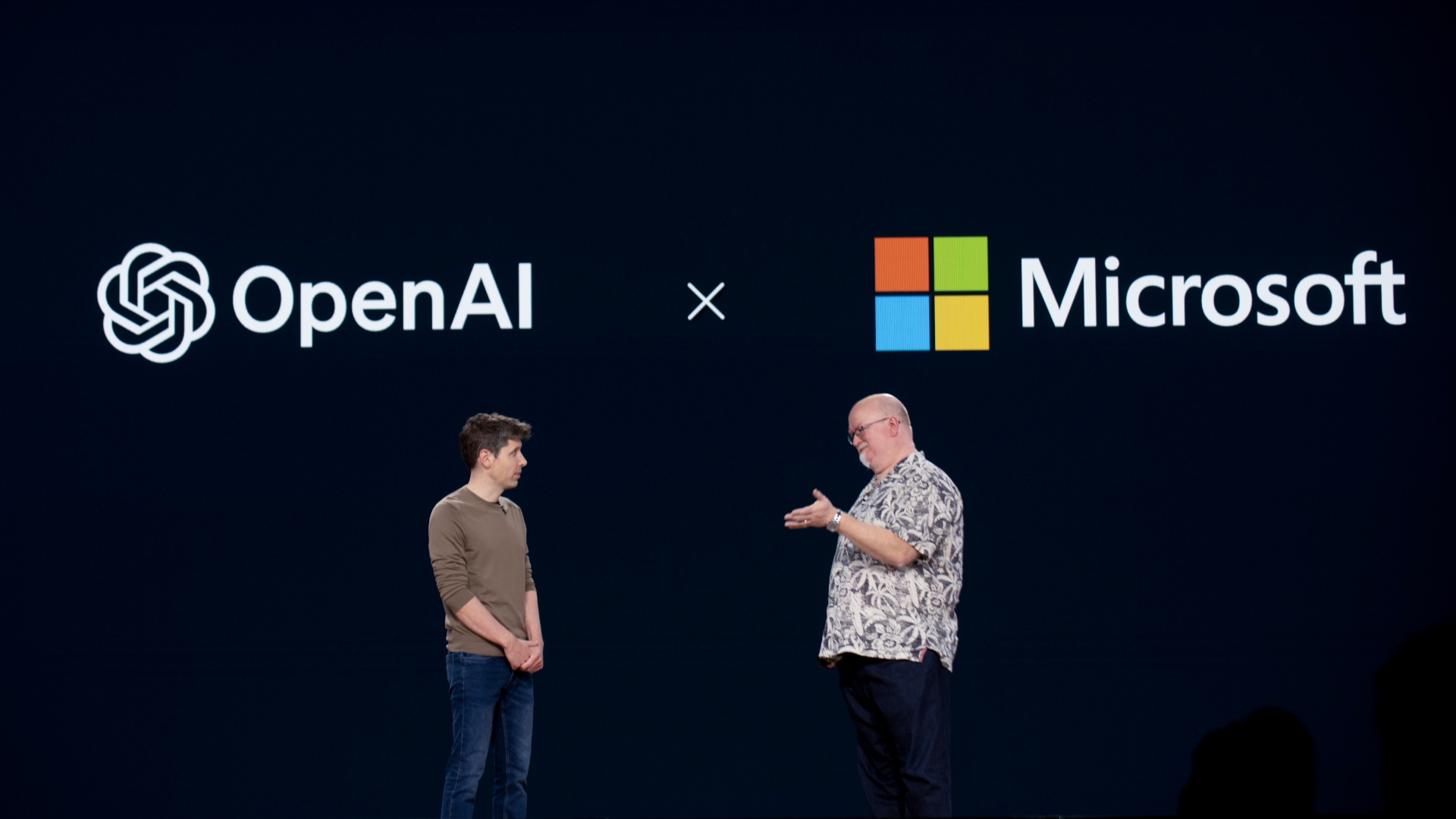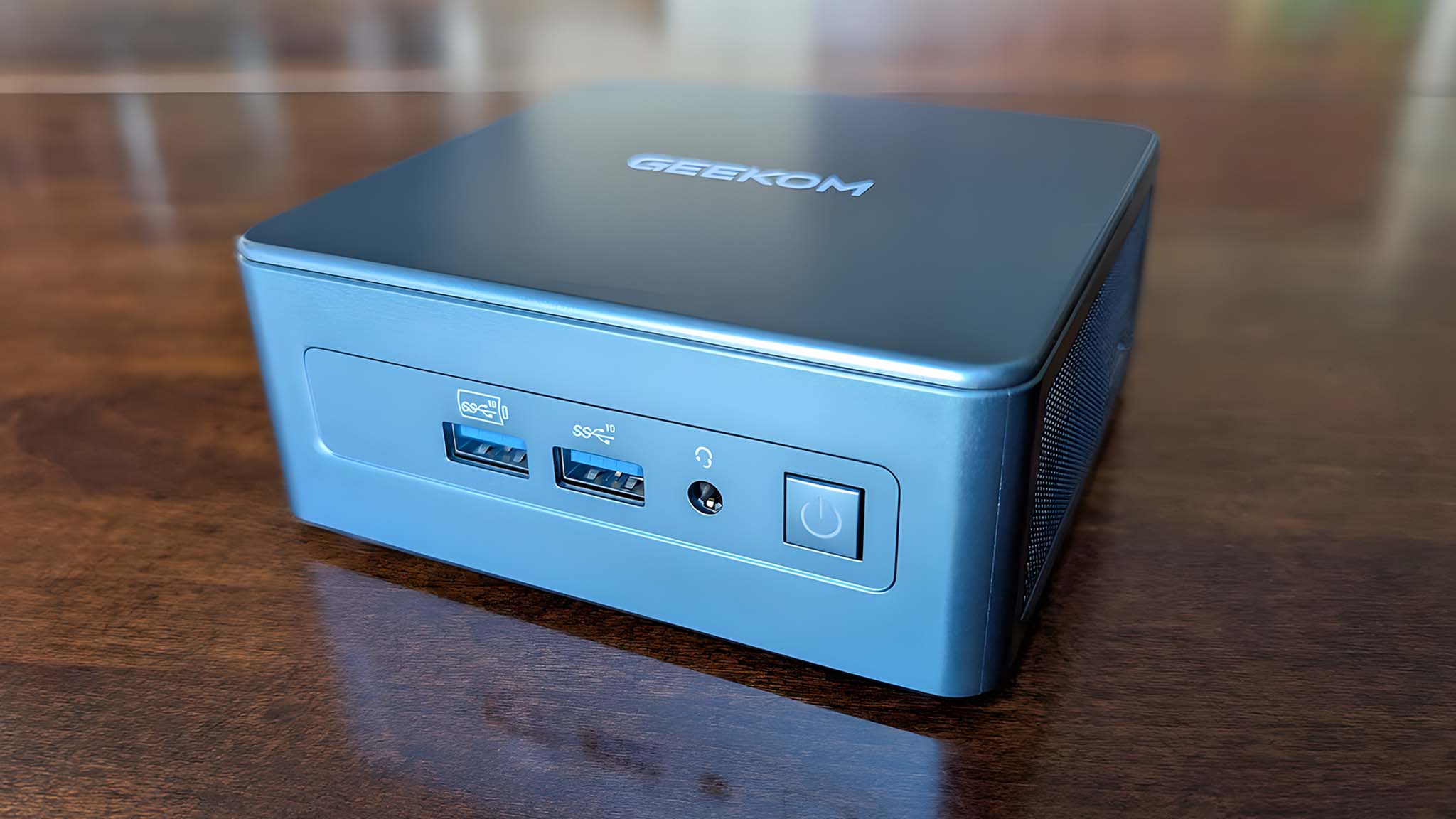Going solo? Microsoft wants to be "self-sufficient in AI" — building its own chip cluster to reduce its reliance on OpenAI
AI CEO Mustafa Suleyman says Microsoft could break away from a reliance on OpenAI, given its size and diversity.

All the latest news, reviews, and guides for Windows and Xbox diehards.
You are now subscribed
Your newsletter sign-up was successful
Microsoft and OpenAI's multibillion-dollar partnership has been going through some turbulence over the past few years. The tension dates back to when Sam Altman was abruptly ousted as OpenAI CEO by the company's board of directors for not being "consistently candid" with his leadership and operations.
Things haven't been the same since, though Sam Altman was reinstated as CEO after an outcry from his counterparts, who threatened to leave the company while reiterating that "OpenAI is nothing without its people."
At the beginning of this year, the ChatGPT maker unveiled its $500 billion Stargate project designed to facilitate the construction of data centers across the United States to support its sophisticated AI advances.
The move hit the tech industry by storm, with leaders like Salesforce's Marc Benioff predicting that Microsoft won't use OpenAI's technology in the future. Consequently, the software giant lost its exclusive cloud provider status for OpenAI, though it still holds the right of refusal.
OpenAI had previously complained that Microsoft doesn't meet its cloud computing needs, shifting blame to the software giant if a rival AI lab achieved the coveted AGI (artificial general intelligence) benchmark first.
More recently, Microsoft reportedly wiggled out of two mega data center deals because it did not want to provide additional training support for ChatGPT. However, OpenAI CEO Sam Altman seemingly refuted the claims, indicating that the company was no longer compute-constrained.
OpenAI's market valuation recently skyrocketed to $300 billion after raising $40 billion through its latest round of funding led by SoftBank. However, the ChatGPT maker is under immense pressure from investors to convert into a for-profit entity. Failure to meet this threshold by the end of the year could cost investor funding, coupled with outsider interference and potential hostile takeovers.
All the latest news, reviews, and guides for Windows and Xbox diehards.
Reports suggest that Microsoft is holding back OpenAI's for-profit evolution plans because it hasn't greenlit the proposal (being the AI firm's largest backer with a $14 billion stake) to protect its best interests.
Microsoft dismissed these claims and indicated that it was willing to walk away from the high-stakes negotiations and ride out the partnership through 2030. On the other hand, OpenAI reportedly wanted to prematurely declare AGI to sever its ties with Microsoft to loosen the tech giant's grip on its Intellectual Property and technology.
The software giant has been making leaps in the AI landscape, especially after Microsoft AI CEO Mustafa Suleyman revealed that the company is developing its own off-frontier models, which will be 3 to 6 months behind OpenAI's.
The executive further indicated that the company's plan is to play a close second. It's also worth noting that the tech giant has been testing third-party AI models in Copilot.
Microsoft wants to break free from its over dependence on OpenAI
And as it now seems, Microsoft is seemingly trying to establish its own dominance in the AI landscape by creating its own path, potentially emancipating itself from an overreliance on OpenAI and its tech. Business Insider's Ashley Stewart reports that Microsoft plans to make "significant investments" in building and developing its own AI chip cluster to unlock self-sufficiency in AI.
We should have the capacity to build world class frontier models in-house of all sizes, but we should be very pragmatic and use other models where we need to.
Microsoft AI CEO, Mustafa Suleyman
During a recent all-employee town hall meeting, Microsoft AI CEO Mustafa Suleyman indicated: "It's critical that a company of our size, with the diversity of businesses that we have, that we are, you know, able to be self sufficient in AI, if we choose to."
Microsoft is seemingly moving away from its overdependence on OpenAI and venturing into new opportunities, including using open-source models, building its own AI models, and partnering with other AI developers.
OpenAI and Microsoft sign an MOU to advance their partnership
More recently, OpenAI and Microsoft signed a non-binding memorandum of understanding (MOU) for the next phase of their multibillion-dollar partnership as the latter strives to chase its for-profit evolution goals before the year ends.
OpenAI and Microsoft have signed a non-binding memorandum of understanding (MOU) for the next phase of our partnership.We are actively working to finalize contractual terms in a definitive agreement. Together, we remain focused on delivering the best AI tools for everyone,…September 11, 2025
However, the announcement didn't disclose intricate details about the contents of the MOU, as both parties are still finalizing contractual terms of the new agreement, though OpenAI reiterates its commitment to maintain safety through the AI tools it delivers amid claims that it prioritizes shiny products like AGI over safety processes.
What's more, the company highlighted that it launched as a non-profit organization and is committed to its founding mission. The non-profit will hold control over the company's direction and operations.
"As outlined in our non-binding MOU with Microsoft, the OpenAI nonprofit’s ongoing control would now be paired with an equity stake in the PBC," OpenAI added.

Kevin Okemwa is a seasoned tech journalist based in Nairobi, Kenya with lots of experience covering the latest trends and developments in the industry at Windows Central. With a passion for innovation and a keen eye for detail, he has written for leading publications such as OnMSFT, MakeUseOf, and Windows Report, providing insightful analysis and breaking news on everything revolving around the Microsoft ecosystem. While AFK and not busy following the ever-emerging trends in tech, you can find him exploring the world or listening to music.
You must confirm your public display name before commenting
Please logout and then login again, you will then be prompted to enter your display name.


